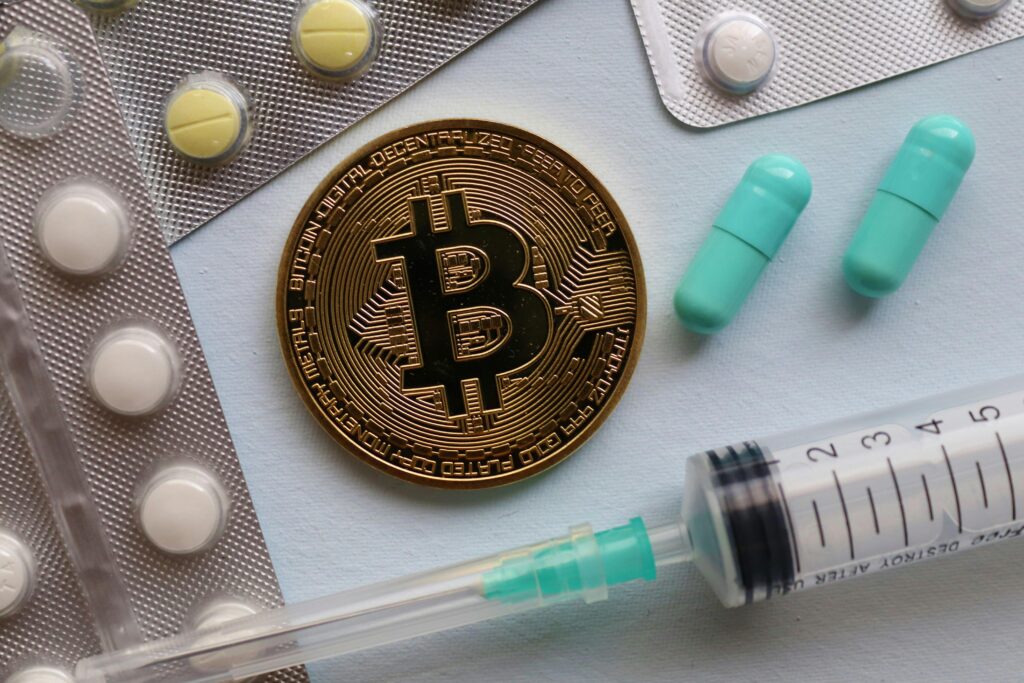
Healthcare. Economy.
Two seemingly separate worlds, right? Wrong! They’re more entangled than a stethoscope cord, each influencing the other in a complex tango of health and wealth. So, let’s peek behind the curtain and explore the fascinating dance between healthcare and the economic stage.
The Healthy Worker, the Prosperous Nation:
Think of a workforce as a machine. When its gears are well-oiled and healthy, it hums with productivity, driving economic growth. But when illness strikes, the gears grind, output stalls, and the whole system sputters. This is precisely why healthy citizens translate to a thriving economy.
- Reduced Absenteeism: A workforce battling illness spends more time at home and less at work, leading to decreased productivity and financial losses for both employers and employees.
- Increased Productivity: When healthy, workers are more engaged, focused, and energetic, boosting output and innovation, and fueling the engine of economic growth.
- Lower Healthcare Costs: A healthy population puts less strain on healthcare systems, reducing overall healthcare expenditure, and freeing up resources for other sectors of the economy.
The Economic Pulse of Healthcare:
But the relationship isn’t one-sided. The health of the economy directly impacts healthcare itself.
- Funding Fluctuations: Economic downturns can lead to cuts in healthcare budgets, limiting access to care and potentially worsening population health.
- Job Creation: A thriving healthcare sector creates jobs, from doctors and nurses to technicians and administrators, contributing to economic growth and stability.
- Technological Innovation: A healthy economy fosters investment in medical research and development, leading to breakthroughs in treatments and diagnostics, further improving healthcare outcomes and potentially reducing long-term healthcare costs.
The Balancing Act:
So, where’s the sweet spot? How do we ensure a healthy economy that supports a healthy population? It’s a delicate balancing act, requiring thoughtful policies and collaborative efforts:
- Investing in preventive healthcare: Early intervention and disease prevention can significantly reduce future healthcare costs and improve overall population health, benefiting the economy in the long run.
- Encouraging healthy lifestyles: Promoting healthy habits like exercise and good nutrition can prevent chronic illnesses, reducing healthcare costs and boosting productivity.
- Making healthcare accessible: Ensuring everyone has access to affordable healthcare regardless of income level is crucial for both economic and social well-being.
Beyond the Numbers:
It’s easy to get lost in the numbers and statistics. But remember, healthcare is not just about bottom lines and GDPs. It’s about human lives, families, and the collective well-being of a community. By fostering a healthy economy that supports accessible and quality healthcare, we create a society where everyone has the chance to thrive, not just survive.
External Resources:
- World Health Organization (WHO) Health and Economics: https://www.who.int/topics/health_economics/en/: https://www.who.int/topics/health_economics/en/
- The Commonwealth Fund: https://www.commonwealthfund.org/: https://www.commonwealthfund.org/
- The Kaiser Family Foundation: https://www.kff.org/: https://www.kff.org/
- The Peterson Center on Healthcare: https://www.kff.org/: https://www.kff.org/
- The American Public Health Association (APHA): https://www.apha.org/: https://www.apha.org/